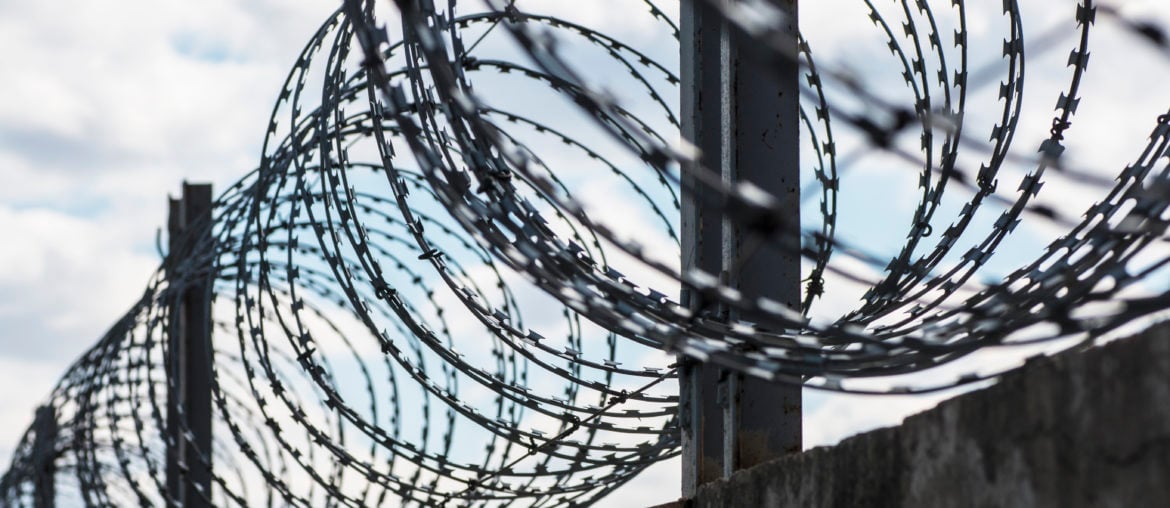Yesterday U.S. Customs and Border Protection (CBP) issued its first finding of forced labor in 24 years (Finding) against importation into the United States of certain goods from a Chinese company. The Finding was made pursuant to 19 U.S.C. 1307, which prohibits the importation of merchandise mined, manufactured, or produced, wholly or in part, by forced labor, including convict labor, forced child labor, and indentured labor. Building upon the withhold release order issued in May 2016 against the same goods and company, the Finding indicates that CBP now has conclusive evidence, i.e., probable cause that the relevant goods are made with forced labor. Details on the Finding can be found here.
We previously discussed the significance of enforcement ramp up under Section 1307 by CBP in the area of forced labor in supply chains in this post.
The Finding adds to the growing chorus of regulatory voices confirming that companies should be assessing forced labor (and other human rights) risks in their supply chains and ensuring a risk-based responsible sourcing compliance program is in place to minimize the risk of blocked shipments, investigation by CBP and other regulators, as well as the risk of ESG-related litigation in the United States.
CBP itself clearly articulated the key takeaway for companies in its press release: “Today’s Finding tells U.S. importers who fail to eliminate forced labor from their supply chains that their shipments may be subject to seizure and forfeiture. We hope this action encourages importers to take a close look at their supply chains to ensure that they meet the humane and ethical standards of the United States Government.”



